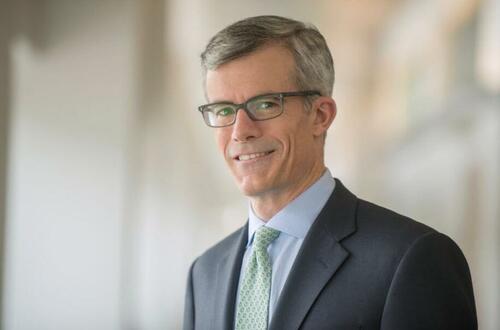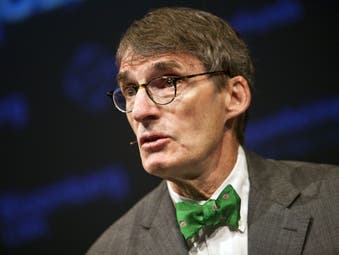Popping a bubble that’s been going for as long as the present one has inevitably entails tragic consequences. From Egon von Greyerz at goldswitzerland.com:
<a href="mailto:?subject=PREPARE FOR 10 YEARS OF GLOBAL DESTRUCTION &body=https://goldswitzerland.com/prepare-for-10-years-of-global-destruction/”>

The final stages of major economic cycles are always accompanied by the maximum amount of bad news as well as heinous events. This time is no different as the West is in the process of committing Harakiri (Seppuku).
As Elon Musk said:
“My mentality is that of a Samurai. I would rather commit Seppuku than fail.”
Sadly, the problem for the West is that it is both committing Harakiri and failing.
For at least half a century, the world has been in a process of self-destruction.
As the decline accelerates, the next phase of 5-10 years will include major political, social, economic as well as wealth – destruction.
What can be more heinous than a total economic and financial collapse accompanied by a potential World War III that at worst could destroy the world totally.
A recent article of mine discussed global fragility due to War, Debt and Energy Depletion.
In this article I outline the major risks today, financial and geopolitical and also discuss the best way to protect against these risks. Physical Gold is of course the ultimate wealth preservation investment. The next major move up in gold is not far away. See further on.
Biden’s recent visit to Ukraine and whistle stop tour of Europe confirmed that there is no desire to make peace but only war. More support of weapons and money from the US is forthcoming. And whatever the US dictates, Europe follows without considering the consequences.



